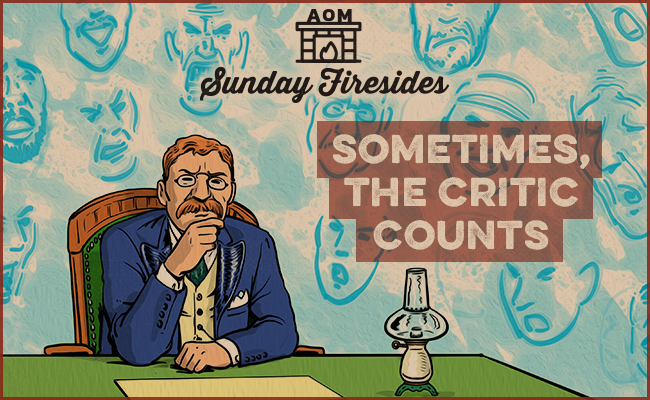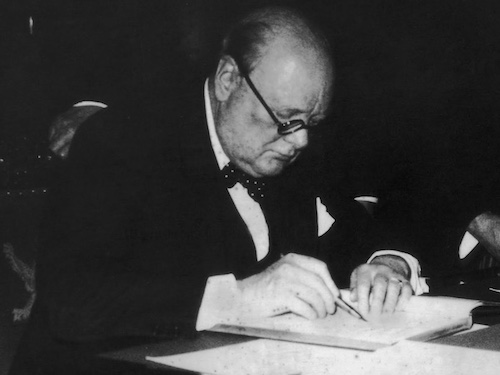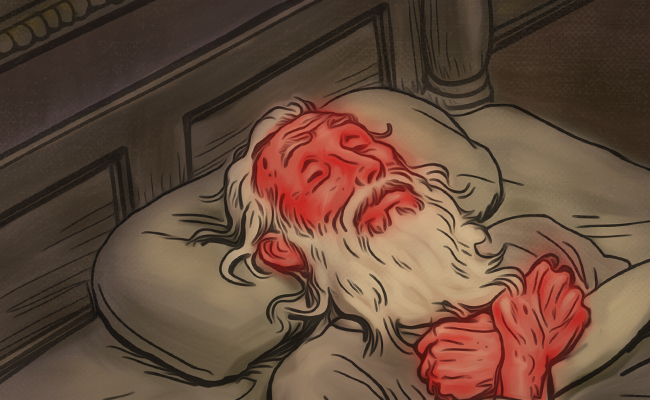
“It is not the critic who counts.”
If this line from Theodore Roosevelt’s famous “Man in the Arena” speech is taken to mean that the individual who takes action has far greater worth than he who merely casts stones from the sidelines, then it can be adopted as an unassailable truth.
If, however, it’s taken to mean you should never listen to your critics, then it’s a mantra that cannot be universally applied.
T.R., after all, was a critic himself, and when he called individuals “fragrant man swine,” “little emasculated masses of inanity,” and “beings who belong to the cult of non-virility” — you can bet he wanted to be listened to (and probably should have been).
While adopting a blanket “f**k the haters” mindset may anesthetize the pain of receiving negative feedback, it comes at the cost of two key things:
First, you surrender a potentially helpful perspective.
We’d all do well to heed our inner voice and scorecard over that of the crowd. But we can lose track of that voice or allow ego to convince us we’re doing a better job than we are, and it can take an external observer to point that out.
Second, you forfeit — at least if you apply the “never listen to critics” standard with integrity/consistency — the right to be heard yourself.
Because if people shouldn’t listen to anyone else’s opinions, they shouldn’t listen to yours, either.
Little credit belongs to the masses of heckling, grandstand-riding spectators, who nine times out of ten, have nothing valuable to say. But to avoid developing what Teddy called “a mind that functions at six guinea-pig power,” it’s wise to recognize that sometimes the critic can count: when he’s someone you respect; when he’s someone who also has skin in the game; when he’s someone who’s got, well, a point.







